A recent visit to Africa by China’s newly-appointed foreign minister, Qin Gang, has restoked fears of the Chinese Communist Party moving to supplant the United States as a principal foreign partner on the continent.
Known for his “tough talk” against the West, President Xi Jinping’s trusted aide insisted Africa must have a greater voice in the United Nations Security Council and other international bodies.
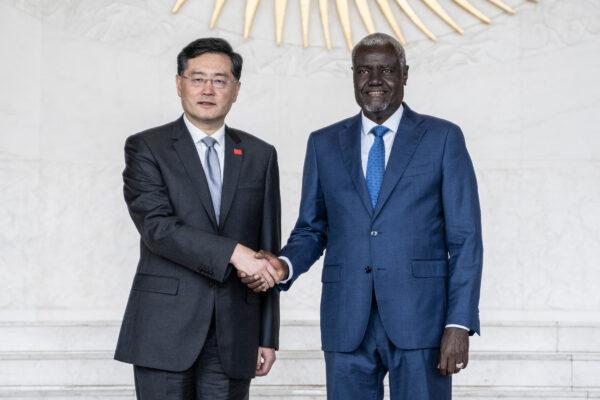
“For several decades now we have been fighting for a reform of the international system as a whole and particularly on behalf of the UN Security Council,” he said.
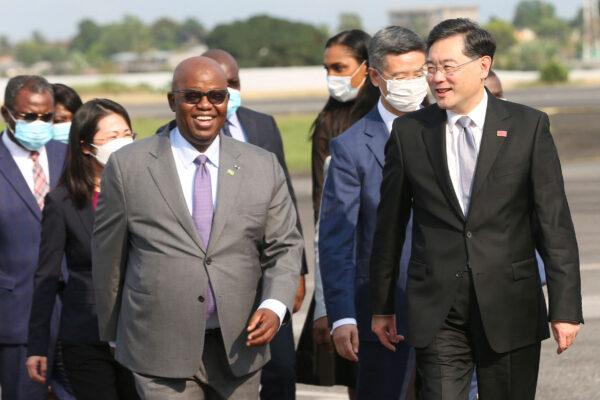
“China has really nothing but contempt for the people of Africa,” he said.
“China is very much a prime example of racism to the extent that they can build all this stuff [BRI] and it turns out to have been poorly constructed, improperly engineered, unable to withstand the climate,” he said.
“It will just add further insult to the injury that is being inflicted by this Belt and Road operation.
“But again, my principal concern is that long after the rail networks, the bridges, the ports or the airports, show that they were not well-built, or well-conceived for that matter, the Chinese will have nonetheless established themselves as the de-facto dominant power in these countries and there will be very little likelihood of getting out from under that common kind of dominance.”
Stifling Chinese global dominance will entail two things, according to Gaffney.
The first will depend on whether the countries involved in the African continent will continue to tolerate Chinese colonial domination.
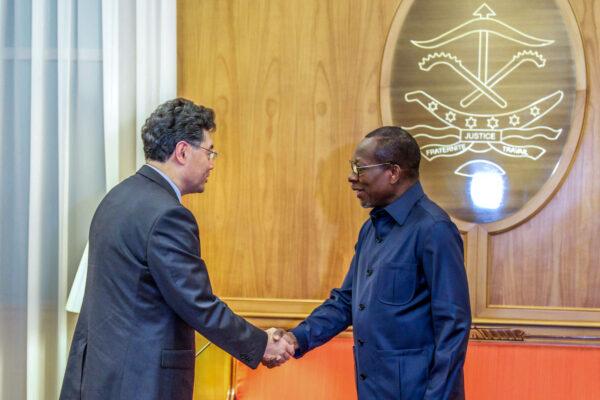
While the second is dependent on whether the Chinese will continue to have access to the U.S. capital markets which, according to Gaffney, are enabling its financing of the Belt and Road initiative programs.
“And if that money were to cease to flow to China, I think it would be much more difficult for them to be making these seemingly attractive, ‘Payday Loan offers’ to nations that have not yet succumbed to the invitation to participate in this colonial buildup by China,” said Gaffney.
He also expressed concern over how China’s Belt and Road Initiative scheme has been designed both for “commercial and military purposes.”
“The Chinese are focused on picking up strategic assets for strategic resources or strategic territory from which to project power,” he told The Epoch Times.
“This is all to the benefit of China and not so much that of the nations in question and Africa.”
But in due course, Gaffney thinks, the Belt and Road Initiative is bound to “crumble”, if only the United States stops assisting in its underwriting.
“And hopefully the United States—among other Western nations—will offer the people of Africa an alternative without the very onerous strings attached that accompany the Chinese belt and road scheme.”
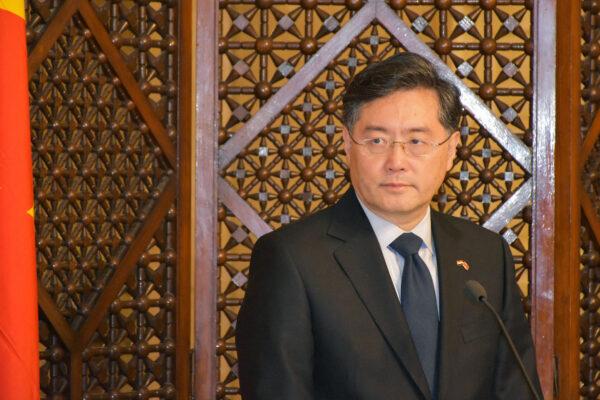
During his visit to Ethiopia, Qin signed an agreement to partially forgive the country’s debt, stating that China is ready to help and support the people of Ethiopia after the conflict in Tigray, and urged the international community to increase the scale of humanitarian assistance to the nation.
While in Egypt, Qin discussed bilateral relations in various areas of mutual interest with President Abdel Fattah al-Sisi, Arab League Secretary-General Ahmed Aboul-Gheit, as well as with his Egyptian counterpart Sameh Shoukry.
Africa is facing economic competition from Europe, China, and the United States.
But some African countries have become “alarmed” at how dependent they have become on Beijing, and are now trying to diversify partners, Meservey told The Epoch Times in an email.
“There will also likely be a wave of defaults on Chinese loans or requests for debt forgiveness and restructuring coming from Africa,” he said.
“Unlike the United States and others, Beijing is loath to do large-scale forgiveness because it wants to get paid back. If it drives a hard bargain with African states that have grown accustomed to debt bailouts, it could hurt Chinese influence on the continent.”
Meservey said the Chinese government is now “less concerned” with African natural resources than it used to be.
“It is now focused on some key minerals such as cobalt but is arguably most desirous of securing African countries’ continued staunch support for Chinese foreign policy goals, which is hugely valuable for Beijing achieving its strategic interests in places like the United Nations,” he said.
Gaffney of the anti-China advocacy group says the communist nation’s “unrestricted warfare” against the United States has happened because the latter has long been underwriting Beijing.
“We are making it possible with this extraordinary financing [between $3 trillion and $6 trillion] that has been transferred from American investors and U.S. capital markets to Chinese companies, including some that are very directly involved in threatening us, helping the Chinese Communist Party enslave its own people and work towards enslaving the rest of the world as well,” Gaffney told The Epoch Times.
He criticized the present administration for being so “deeply compromised” which only renders President Joe Biden “a controlled asset of the Chinese Communist Party.”
“So that helps explain perhaps why we’re in these checks. Why are we not doing very well vis-a-vis China; why are we allowing them to best us in virtually every competition including the economic ones?” he questioned.
“But I still believe very strongly that in the event, we can get our act together.”
For, he explained, the United States is a “far more reliable, far more honorable partner for those in Africa especially, but also elsewhere around the world, than the Communists, and Marxists, and tyrants of Russia and China.”
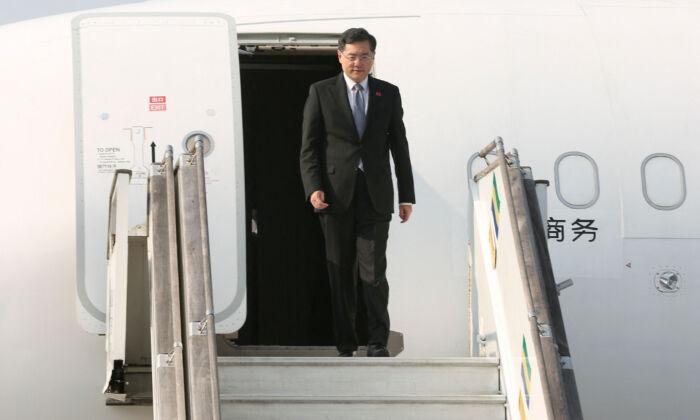

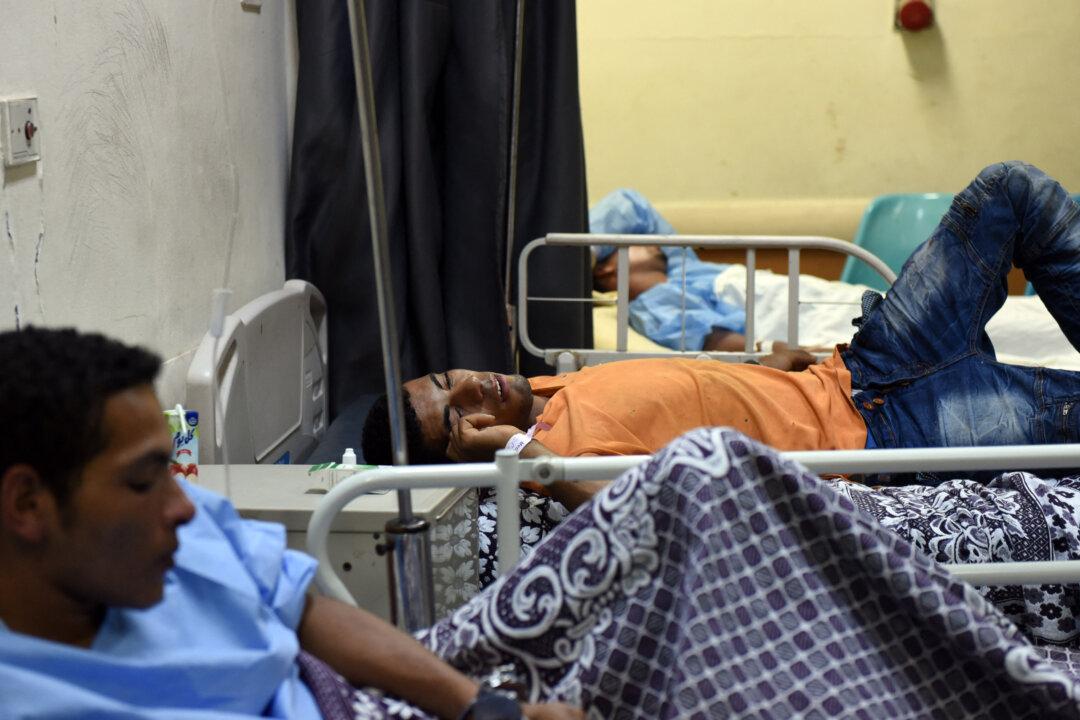
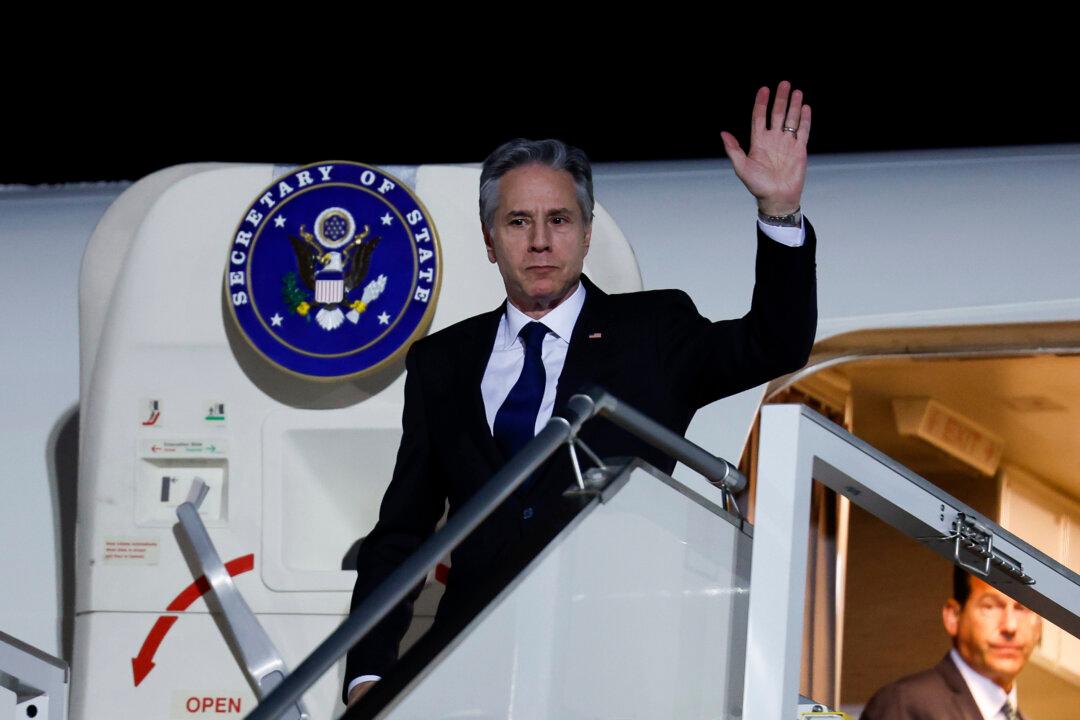
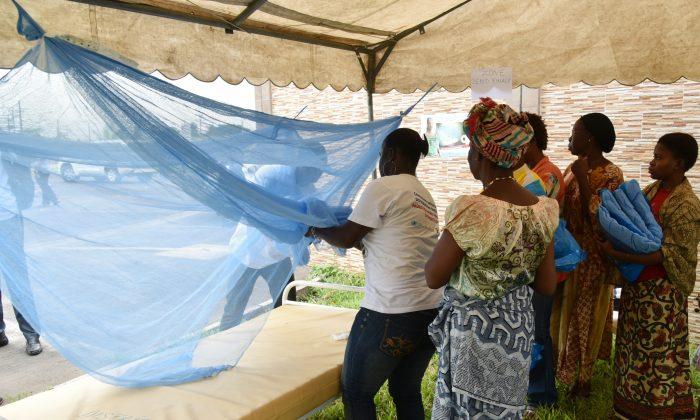
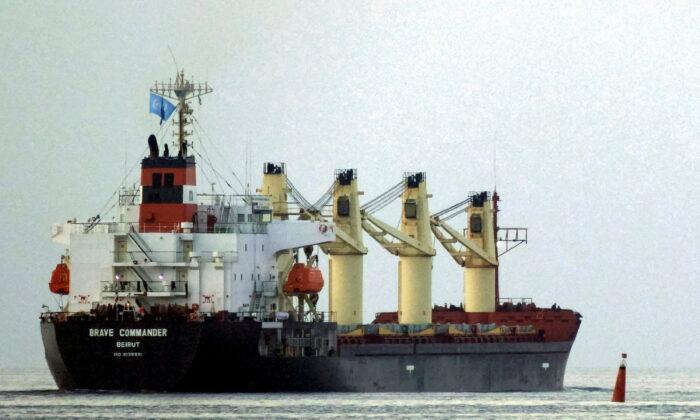
Friends Read Free